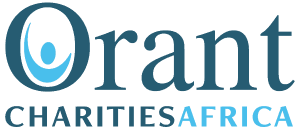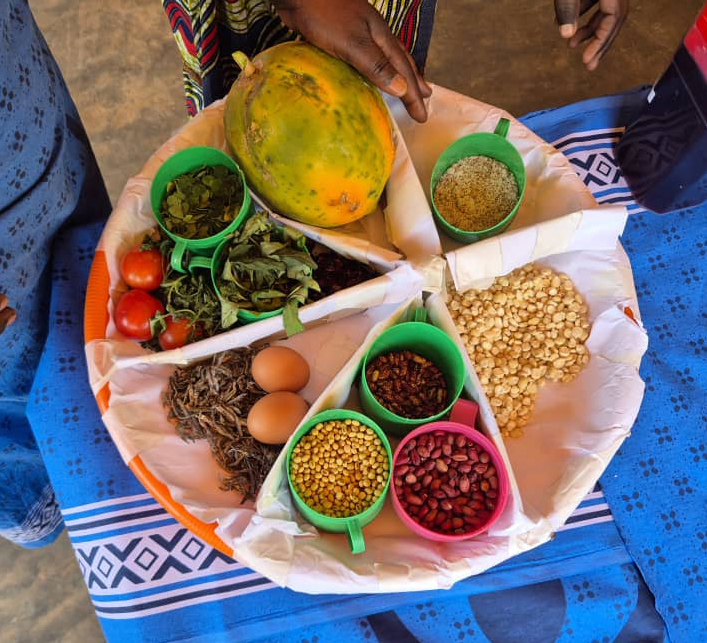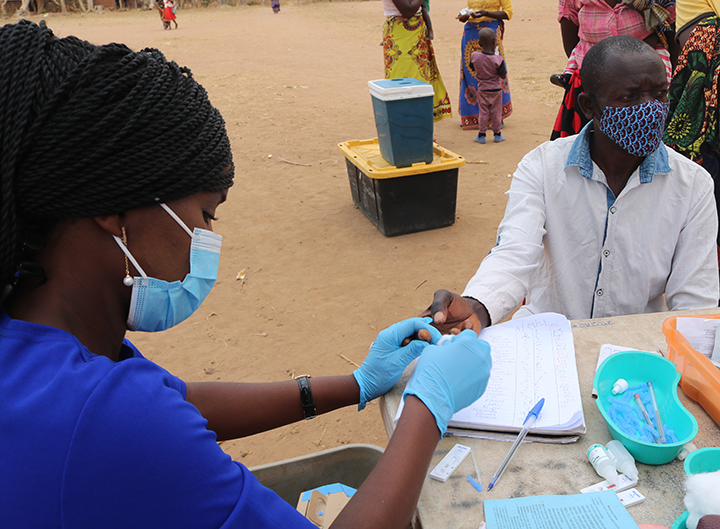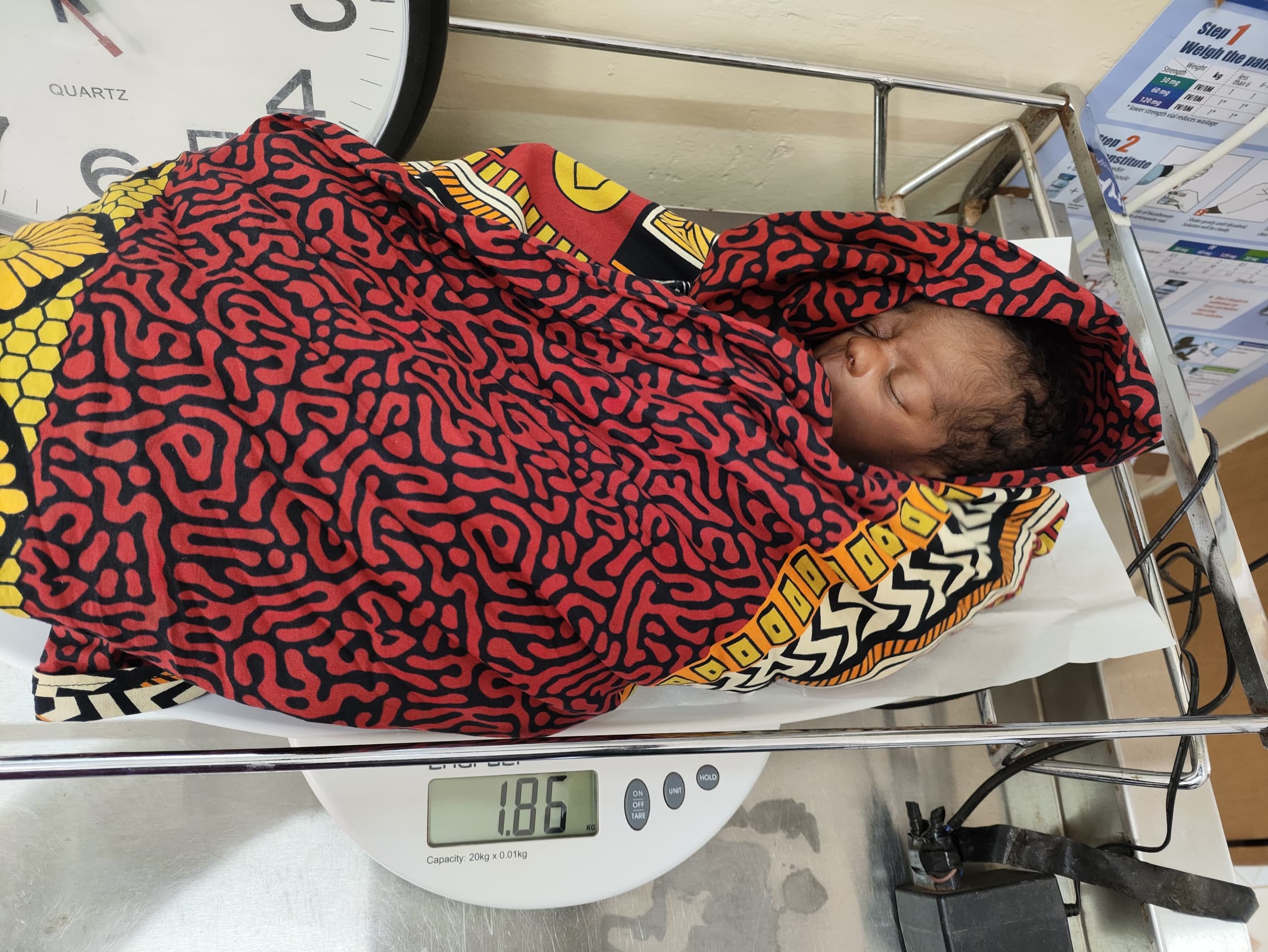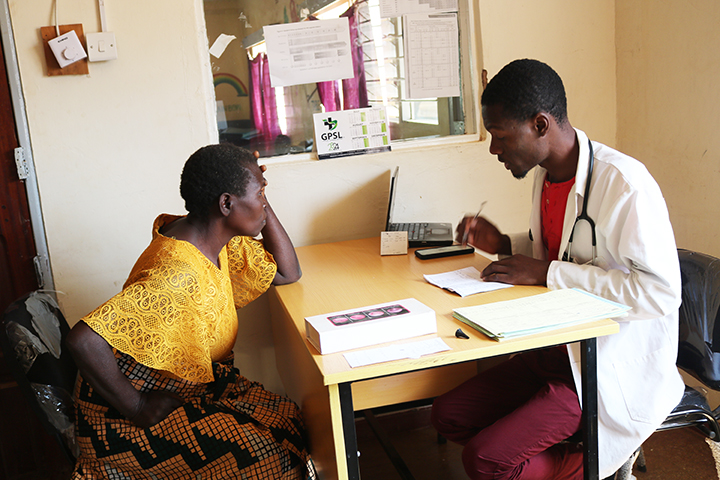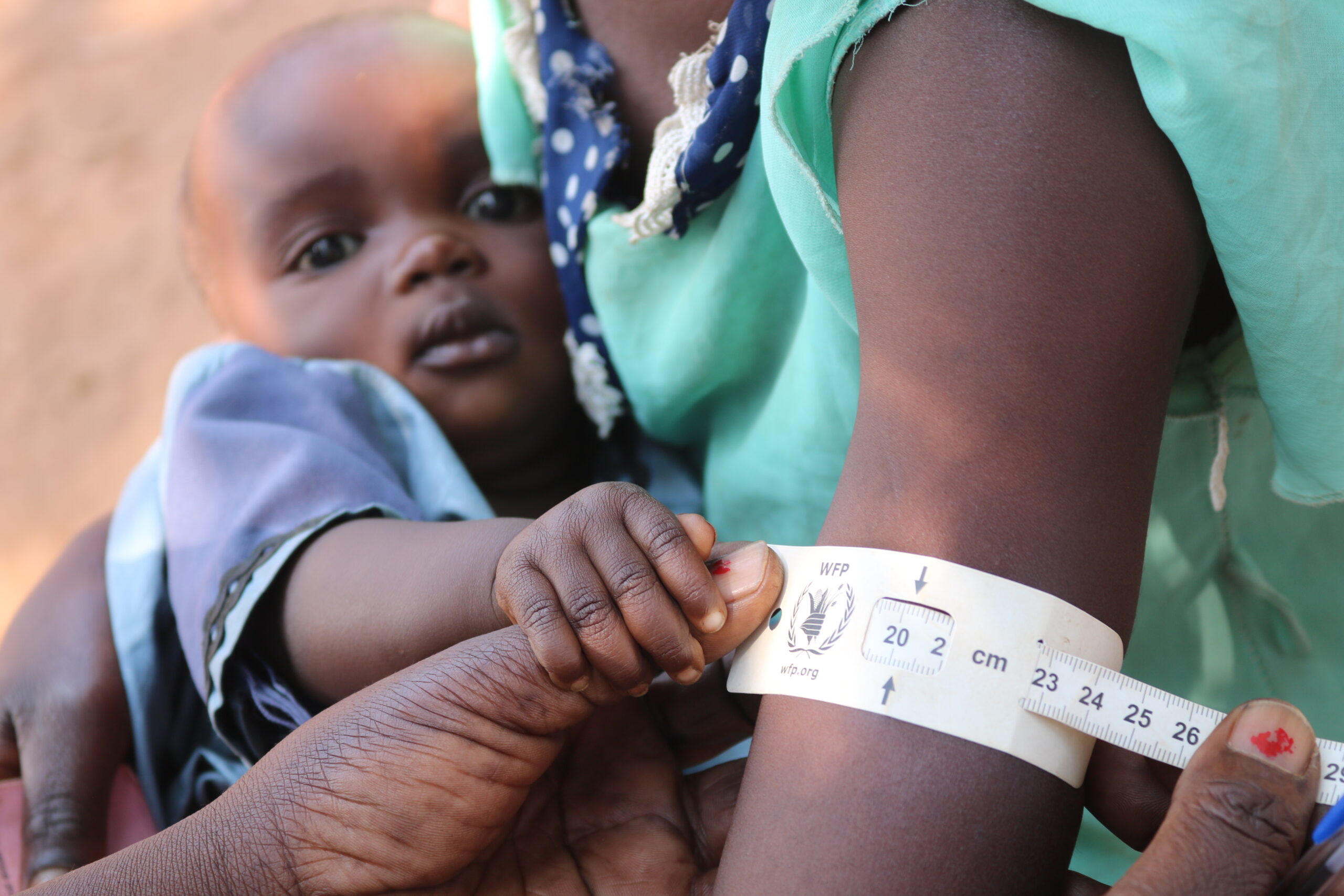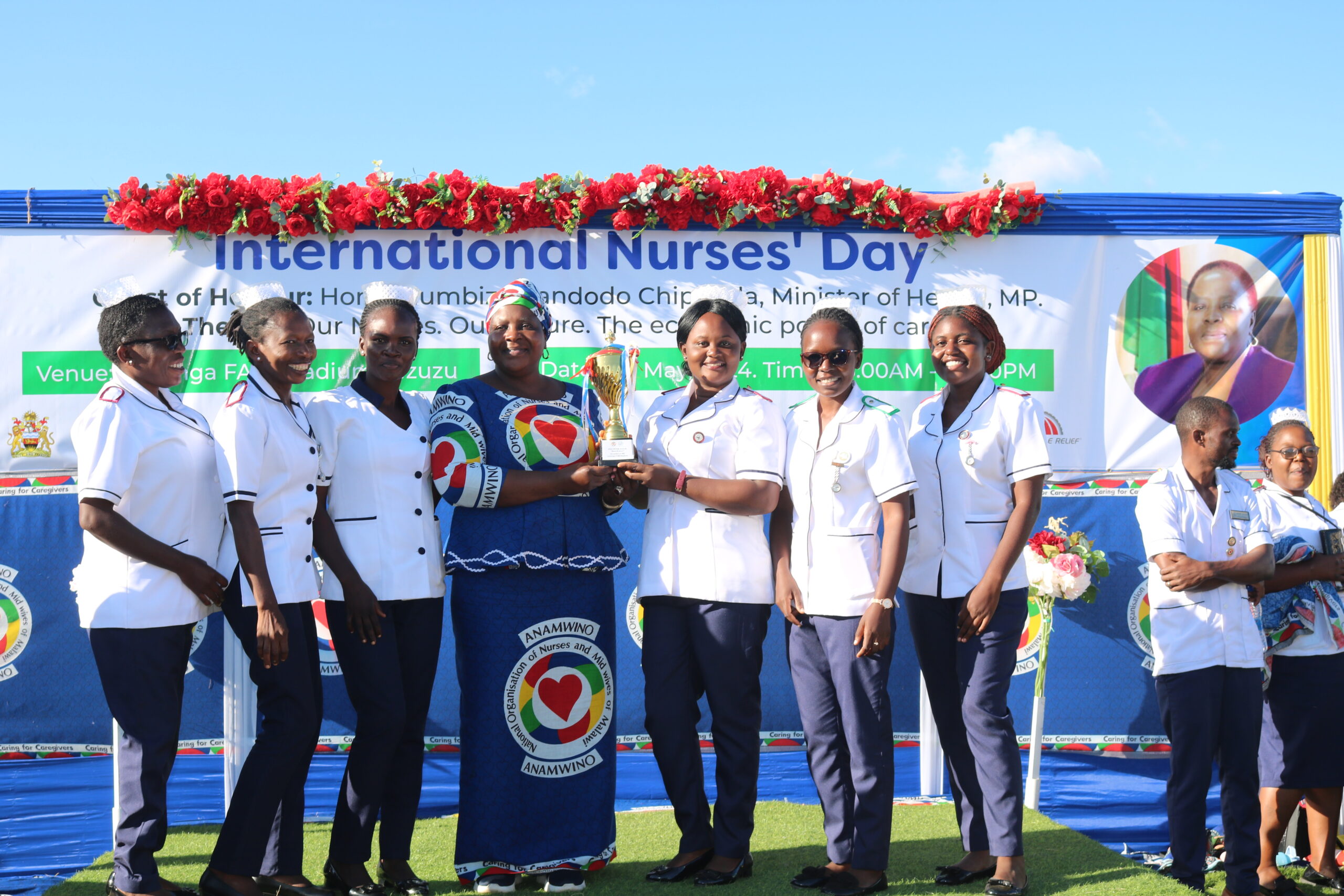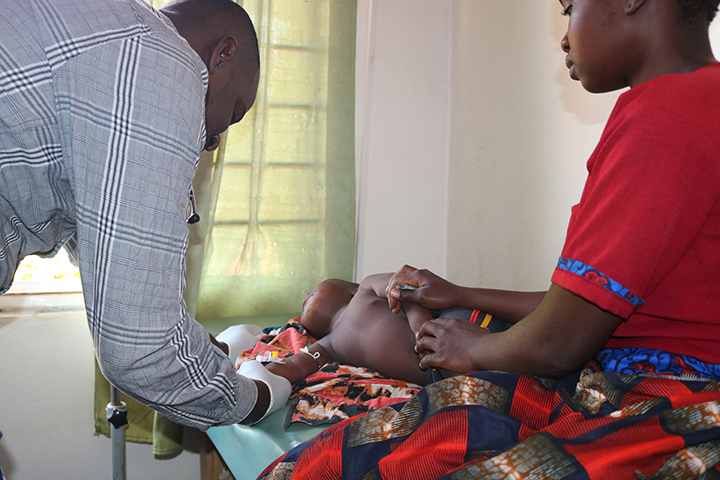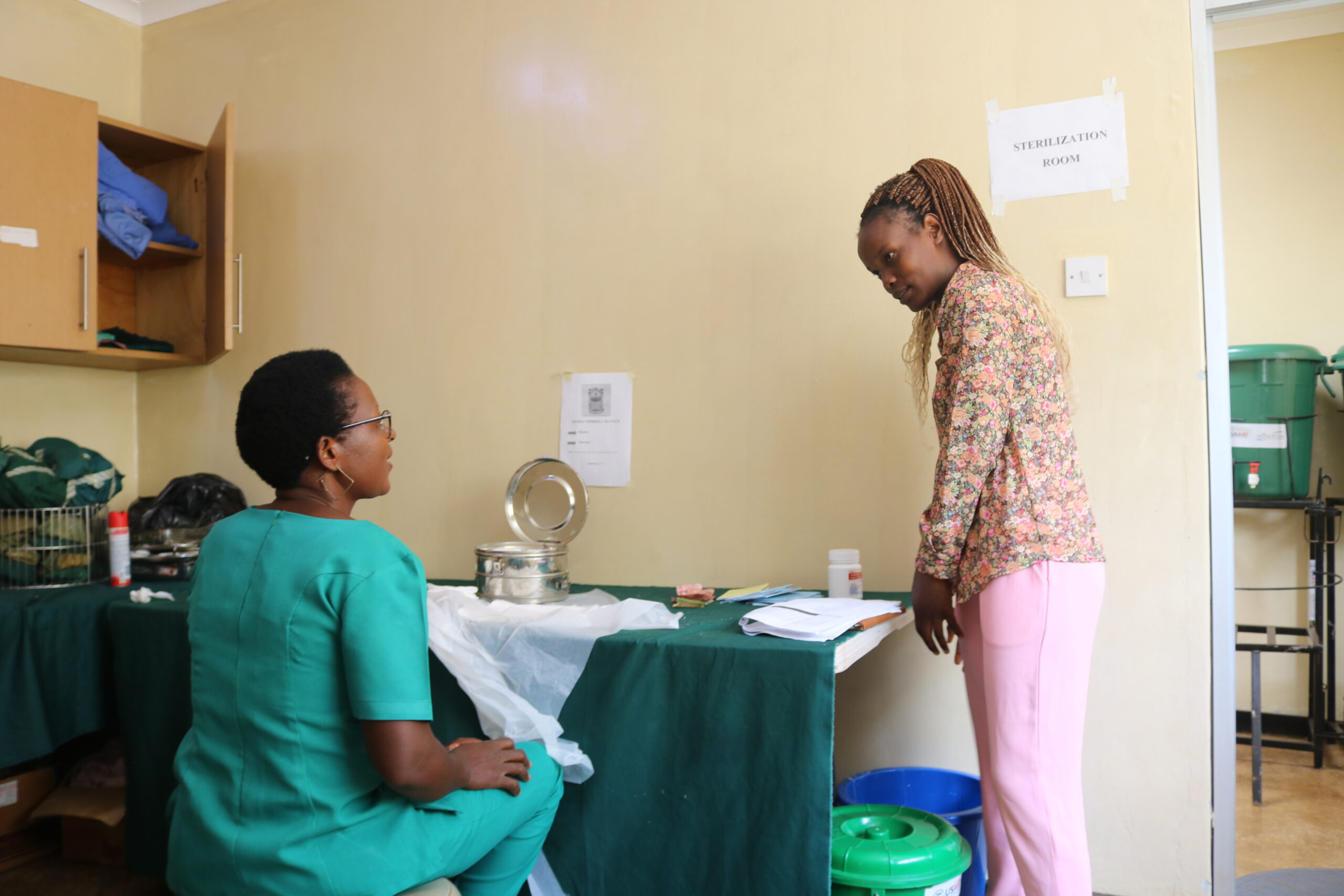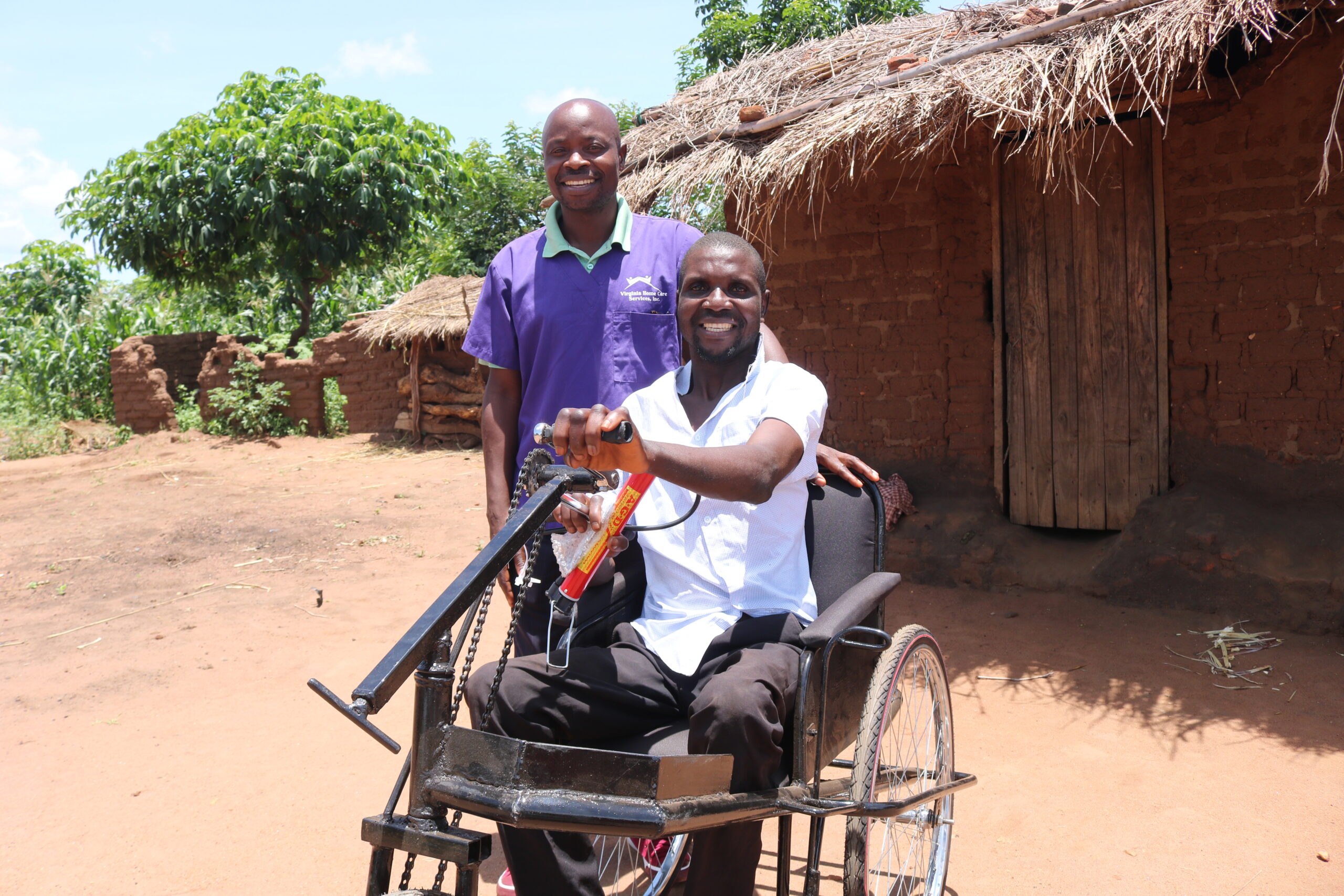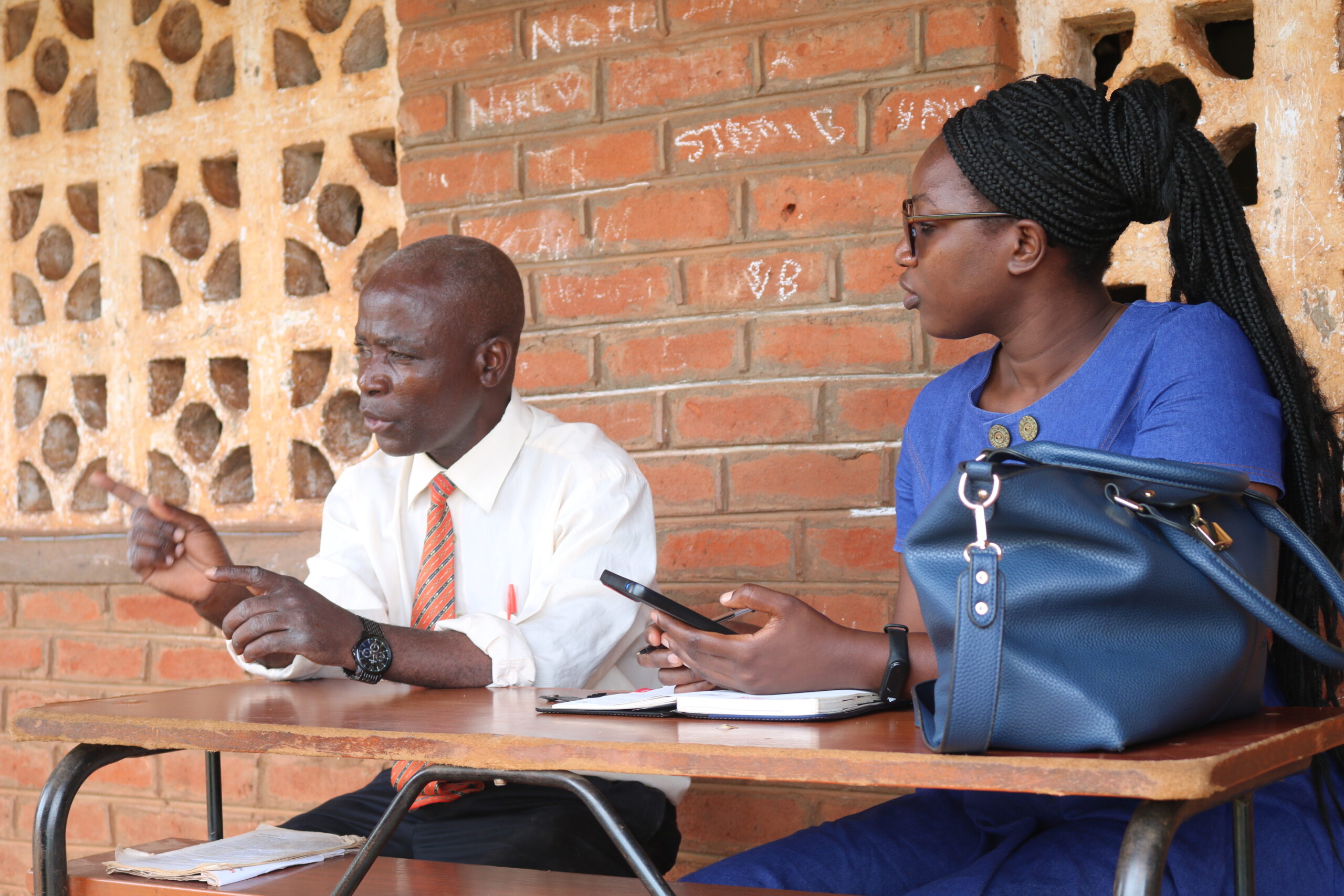At Orant, we recognise and value the critical role nutrition plays in human development and national economic development. We recognise that good nutrition is the backbone of a healthy community and its benefits extend beyond human health. Good nutrition is a contributing factor in reducing maternal and child health challenges, minimizing disease prevalence and promoting economic productivity.
Malaria Stories: Agness Mateyo
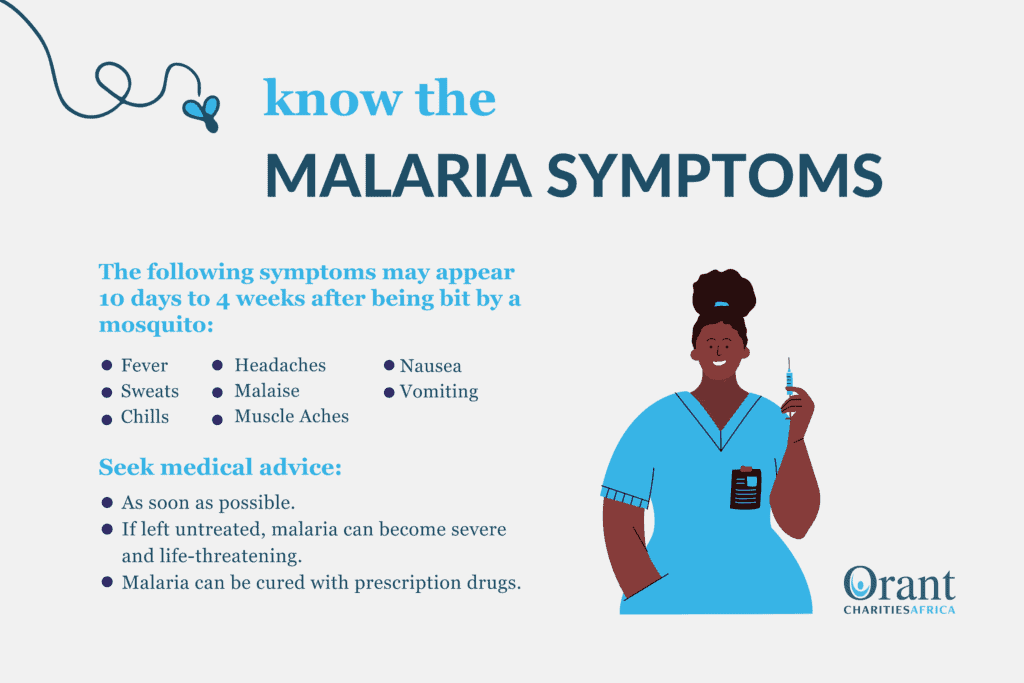
In the darkness of a Thursday night, a motorcycle enters the Orant Charities Kasese Health Center premises, carrying a woman with a child on her back. The woman is crying.
Her child is unconscious and is having convulsions. The doctor on duty rushes to put the child on a drip. In no time, the child gains consciousness. His eyes have turned yellow. He is throwing up. He is too weak to sit up on his own.
The doctor collects the child’s blood sample and conducts a malaria test. The child is diagnosed with severe malaria. His hemoglobin level is at 6.5 g/dl. The normal level is 10.5 g/dl.
“If he doesn’t get treatment in the next 24 hours, we will lose him,” says the doctor.
Agness Mateyo knew something was wrong with her 4 year old son, Promise Lucas, on Tuesday morning. He had become quiet and less playful. She noticed blood in his pee.
But she couldn’t take him to the hospital because she had no money for transportation.
“It never crossed my mind that it could be something as serious as malaria until Thursday night when he fainted,” says the mother of four.
Due to severe malaria, Promise became anemic and required blood transfusion. Malaria is the most common cause of anemia. The parasite feeds on blood cells.
Promise’s condition was critical. He was given an injection of Artesunate and referred to Madisi Hospital for further observation.
Malaria remains one of the most common diseases in Malawi. Cases are high during the rainy season. Sitting water is a breeding ground for mosquitoes. On average, Orant’s clinics see 2,800 malaria patients per month during malaria season.
One of the challenges in timely treatment of malaria is ignorance and negligence. People tend to visit the hospital when the situation is at its worst.
For the sake of prevention, Orant distributes mosquito nets to rural communities. We also conduct health talks. We cover malaria causes, signs and symptoms, complications, and prevention. We encourage communities to sleep under insecticide-treated mosquito nets, avoid keeping stagnant water around their homes, and clear the bushes around their homes.
“Orant’s Healthcare Program strives to make sure that communities are well informed and free from malaria,” says Herbert Chunga, Kasese Health Center Clinician.
“Thank you to the Kasese Health Center for their tireless efforts in making sure my community is safe from malaria,” says Agness.
The Orant Journal
How the Mobile Outreach Clinics Operate
For years, our Healthcare program has been making waves in rural Kasese with our Kasese Health Centre and our two Mobile Outreach Clinics, operating in parts of Dowa and Kasungu districts. But have you ever wondered how our Mobile Clinics operate? In our today's blog article, we are shedding more light on what Mobile Outreach Clinics are and how they operate. Visit the link below to learn more.
Celebrating World Breastfeeding Week
Every year, the first week of August is dedicated to World Breastfeeding Week. The goal is to highlight the importance of breastfeeding, to encourage and promote breastfeeding and to improve the health of babies and mothers all around the globe. The theme for 2024 Breastfeeding Week is Closing the Gap: Breastfeeding Support for All, which aims at celebrating breastfeeding mothers in all their diversity, throughout their breastfeeding journeys, while showcasing the ways families, societies, communities and health workers can have the back of every breastfeeding mother. In today’s blog, we are sharing Malita Yohane’s breastfeeding journey and how it has been a game changer for her son Benjamin Kambambe who was born prematurely.
Breaking the Chains of Noncommunicable Diseases in Malawi
Imagine a world where noncommunicable diseases no longer hold people back from living the fullest of their lives. A world where quality healthcare services are accessible to all, regardless of socioeconomic status or geographical location. This is what our Healthcare program envisions. Read our latest to learn more about noncommunicable diseases and what our healthcare program is doing to free communities around our Kasese catchment area from the grip of such diseases.
Our Healthcare team is dedicated to improving the overall well-being of people. As part of this effort, this week we are conducting a nutritional assessment to all children aged from 6 months to 59 months and pregnant and lactating mothers in our catchment area. In this week’s blog post, we will explore the importance of this initiative and how it will benefit our community.
Celebrating Nurses: Unsung Heroes of Healthcare
On May 12, 2024, we celebrated International Nurses Day, a special occasion aimed at celebrating and recognizing this noble profession. During the occasion, we were also thrilled to have been recognized as the Best Nurses in the Central East zone of the National Organisation of Nurses and Midwives of Malawi (NONM)! Read today’s blog article to learn more about what this means to our team.
World Malaria Day 2024
Every year on the 25th of April, the whole world commemorates World Malaria Day, which is aimed at highlighting the need for continued effort in malaria control and prevention.
Improving Healthcare Services through Quality of Care Assessment
Last week, we were visited by the quality of care assessment team from Dowa District hospital. Read today's blog post to learn about how this exercise is important to us and the community we serve.
New Wheels from Orant’s Healthcare Program
We are always happy when our support brings a smile on peoples faces and changes their lives. In this week’s blog article, we are talking to Andrea Mwale, a 41 year old man from Chapuwala village in Kasese. Andrea shares his gratitude towards the support that our Healthcare program has recently provided to him.
School Surveys Lead to Better Learning Outcomes
Data is one of the most important tools in all our programs as it helps us measure whether our programs are making an impact or when it’s time for change. For the past three weeks, our Education program has been surveying schools in our catchment area. Check out today’s blog to learn more about how this survey is going to contribute to our Education program.
